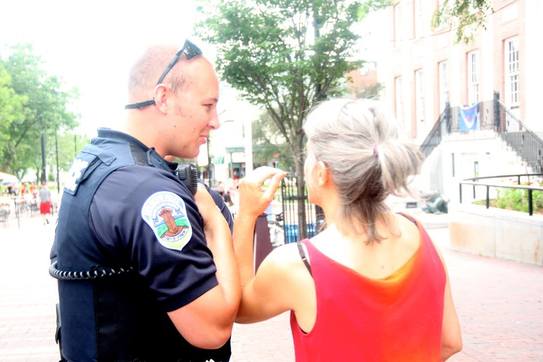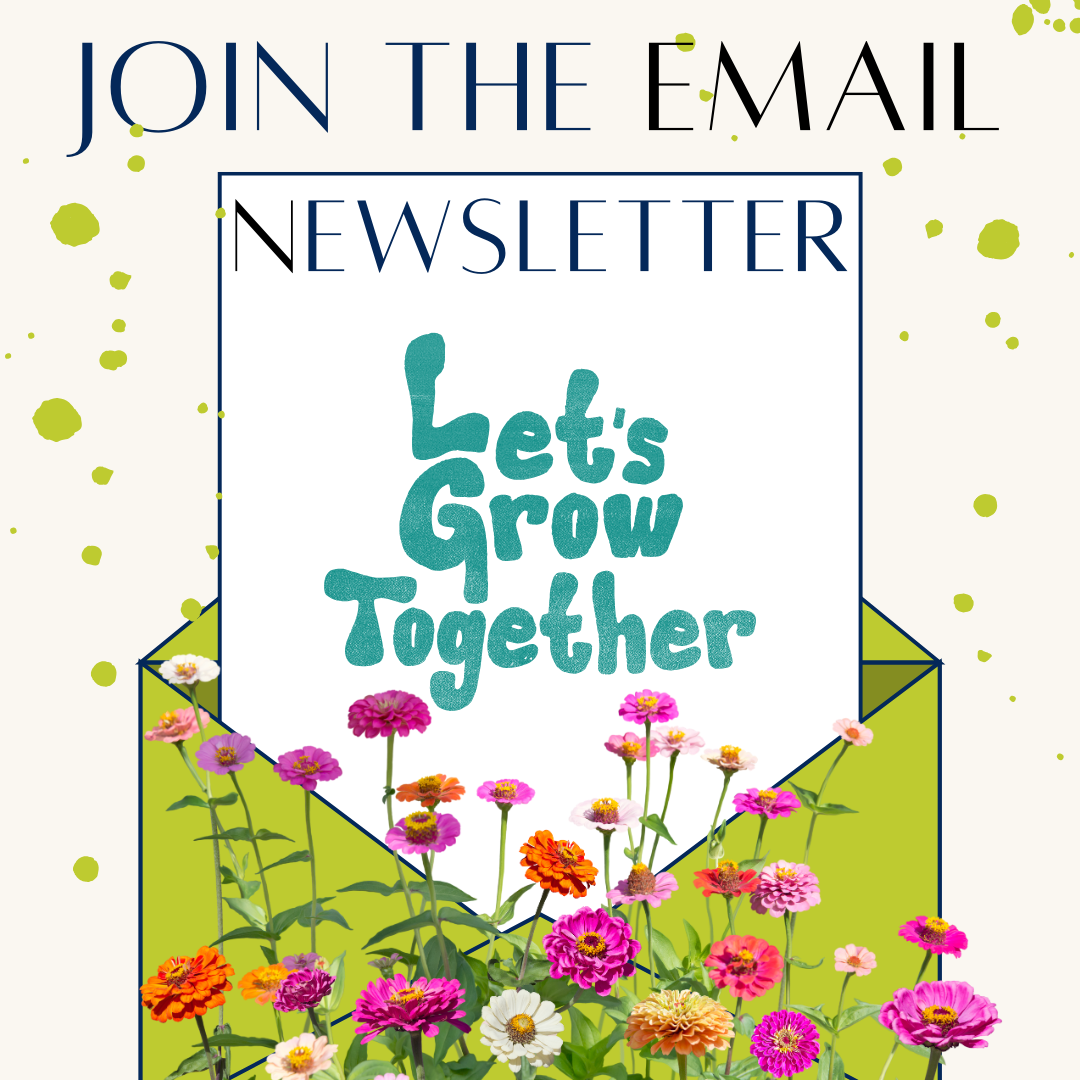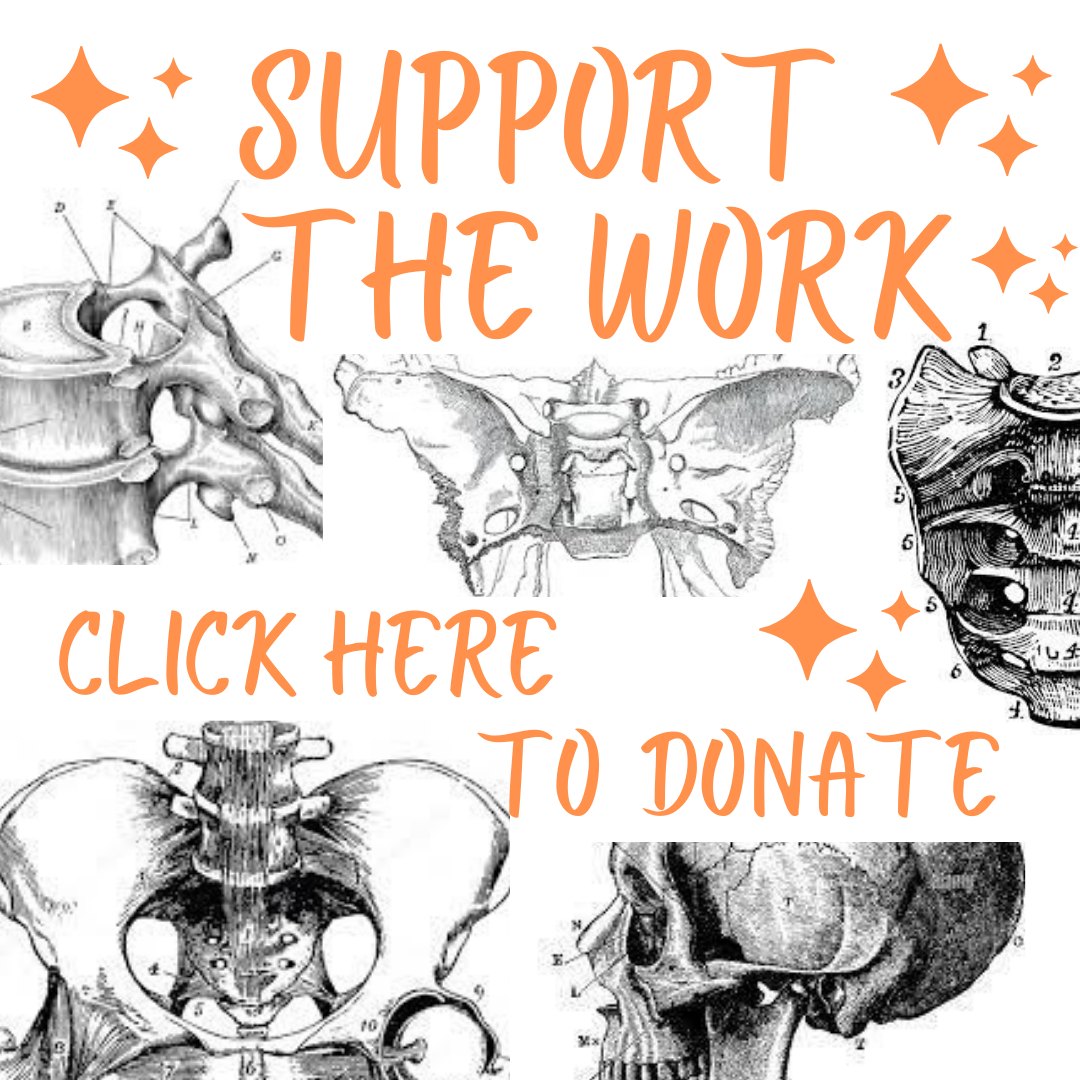Embodiment Activism:
What is it? & Why Does it Matter?

Embodiment Activism: an act of sharing one’s way of listening in to the body and listening out, to the earth and each other, that support others to do the same. An embodiment activist recognizes the intelligence of the body and works to make it accessible.
Embodiment activists may ask these questions:
*How does that feel in my/your body?
*What would happen if I take a deep breath in this moment?
*How can I encourage others to find more support in their nervous systems?
Embodiment Activists are catalysts for bringing in the intelligence of the body and can offer this support in everything they do.
Let's look at the personal work of embodiment and learn how it can make a difference in the big picture.
Embodiment is the act of listening to the body’s senses and responding the the body’s cues for movement, as well as cultivating an awareness of and connection to one’s self, others, and the environment. One example of being embodied is noticing discomfort in your body after a stressful situation, responding to the discomfort by stretching and possibly even shaking it out, and regularly boosting your resilience.
What does it mean to be a body in the world today? What is it like for you?
Why choose embodiment? Click here for some reasons to be a mover.
Activism consists of actions that promote social change. We are social creatures and we affect each other in myriad ways, including through our mirror neurons, the basis of empathy. In a culture designed to dull/overwhelm our senses and entertain us, we believe that being an embodied human, who notices and responds organically to what is around them, is a radical act.
An embodiment activist inhabits their body and supports the resilience of themselves and others in small and large ways. Your activism can be on the micro scale of navigating your personal emotions and any internalized oppression to the macro scale of how you show up with others in a private or public setting (on the street, in a store, in community settings, in a social justice direct action, or in an embodiment activism direct action). We belive that being embodied and sharing your practice in a way that create more possibilies and permission for others to listen to their body and respond to their body’s intelligence is potent and worthwhile.
Embodiment Activism is open source and evolving. Let's keep defining and redefining Embodiment Activism on our own and together and let the movement and resilience grow.
Because of the decades of somatic research by the many pioneers in the embodiment field, including Caryn McHose, Barbara Dilly, Susan Borg, Bonnie Bainbridge Cohen, Ida Rolf, Emilie Conrad and countless others, we have easier access to the body wisdom and knowledge that they uncovered. With great appreciation to the many past and current pioneers in the field of somatics, Abbi and Amanda felt inspired to coin the term Embodiment Activism around 2011 and have been inviting others into this lived experience ever since. It is with great joy and commitment that Abbi and Amanda collaborate and live this inquiry of what it means to be an embodiment activist with many other embodied activists near and far.
Contact Abbi or Amanda to get involved. You can also schedule a lecture on Embodiment Activism for your workplace or conference.
Our lectures often include some movement exercises to highlight how embodiment is a vital tool for navigating being alive.
The Everyting Space offers these Next Steps for those Desiring to Join the Embodiment Revolution:
-Think about the ways that you are already listening to the intelligence of your body. (gut feelings, breath, posture, heart ache...)
-Cultivate and unleash your body's intelligence (dance, take a class, learn about your anatomy)
-Ask yourself often, "How does this feel in my body?" Ask others how their body feels too.
-Identify what cultural factors are currently working against our listening to and honoring the body.
-Tune into your culture's comfort zone of what is ok to do in a body. Tune into what is actually needed to be a resilient body.
-Develop an embodiment / awareness practice that can be done anywhere anytime (standing in a line, walking, sitting).
-Share the fruits of your personal practice when you show up in relationships, community and public places.
-Cultivate your own resilience and connection to nature.
-Ask for help. Join others in the inquiry. We are in this together.
The connection of embodied mindful eating to climate change / Why embodiment matters:
"Many prefer to be distracted during meals; if we don’t pay attention, we can pretend we didn’t eat! If we don’t grow or hunt our own food, we can believe that death is not part of life. If we don’t acknowledge relationship, we can feign autonomy or dominance. Distraction supports destruction of the earth." ~Andrea Olsen
Embodiment activists may ask these questions:
*How does that feel in my/your body?
*What would happen if I take a deep breath in this moment?
*How can I encourage others to find more support in their nervous systems?
Embodiment Activists are catalysts for bringing in the intelligence of the body and can offer this support in everything they do.
Let's look at the personal work of embodiment and learn how it can make a difference in the big picture.
Embodiment is the act of listening to the body’s senses and responding the the body’s cues for movement, as well as cultivating an awareness of and connection to one’s self, others, and the environment. One example of being embodied is noticing discomfort in your body after a stressful situation, responding to the discomfort by stretching and possibly even shaking it out, and regularly boosting your resilience.
What does it mean to be a body in the world today? What is it like for you?
Why choose embodiment? Click here for some reasons to be a mover.
Activism consists of actions that promote social change. We are social creatures and we affect each other in myriad ways, including through our mirror neurons, the basis of empathy. In a culture designed to dull/overwhelm our senses and entertain us, we believe that being an embodied human, who notices and responds organically to what is around them, is a radical act.
An embodiment activist inhabits their body and supports the resilience of themselves and others in small and large ways. Your activism can be on the micro scale of navigating your personal emotions and any internalized oppression to the macro scale of how you show up with others in a private or public setting (on the street, in a store, in community settings, in a social justice direct action, or in an embodiment activism direct action). We belive that being embodied and sharing your practice in a way that create more possibilies and permission for others to listen to their body and respond to their body’s intelligence is potent and worthwhile.
Embodiment Activism is open source and evolving. Let's keep defining and redefining Embodiment Activism on our own and together and let the movement and resilience grow.
Because of the decades of somatic research by the many pioneers in the embodiment field, including Caryn McHose, Barbara Dilly, Susan Borg, Bonnie Bainbridge Cohen, Ida Rolf, Emilie Conrad and countless others, we have easier access to the body wisdom and knowledge that they uncovered. With great appreciation to the many past and current pioneers in the field of somatics, Abbi and Amanda felt inspired to coin the term Embodiment Activism around 2011 and have been inviting others into this lived experience ever since. It is with great joy and commitment that Abbi and Amanda collaborate and live this inquiry of what it means to be an embodiment activist with many other embodied activists near and far.
Contact Abbi or Amanda to get involved. You can also schedule a lecture on Embodiment Activism for your workplace or conference.
Our lectures often include some movement exercises to highlight how embodiment is a vital tool for navigating being alive.
The Everyting Space offers these Next Steps for those Desiring to Join the Embodiment Revolution:
-Think about the ways that you are already listening to the intelligence of your body. (gut feelings, breath, posture, heart ache...)
-Cultivate and unleash your body's intelligence (dance, take a class, learn about your anatomy)
-Ask yourself often, "How does this feel in my body?" Ask others how their body feels too.
-Identify what cultural factors are currently working against our listening to and honoring the body.
-Tune into your culture's comfort zone of what is ok to do in a body. Tune into what is actually needed to be a resilient body.
-Develop an embodiment / awareness practice that can be done anywhere anytime (standing in a line, walking, sitting).
-Share the fruits of your personal practice when you show up in relationships, community and public places.
-Cultivate your own resilience and connection to nature.
-Ask for help. Join others in the inquiry. We are in this together.
The connection of embodied mindful eating to climate change / Why embodiment matters:
"Many prefer to be distracted during meals; if we don’t pay attention, we can pretend we didn’t eat! If we don’t grow or hunt our own food, we can believe that death is not part of life. If we don’t acknowledge relationship, we can feign autonomy or dominance. Distraction supports destruction of the earth." ~Andrea Olsen
|
|
Some examples of Embodiment Activism in this video.
Embodiment Activism recognizes the intelligence of the body and works to make it accessible. At the jam we take our practice to the streets, reshaping what is possible in human connection. |

